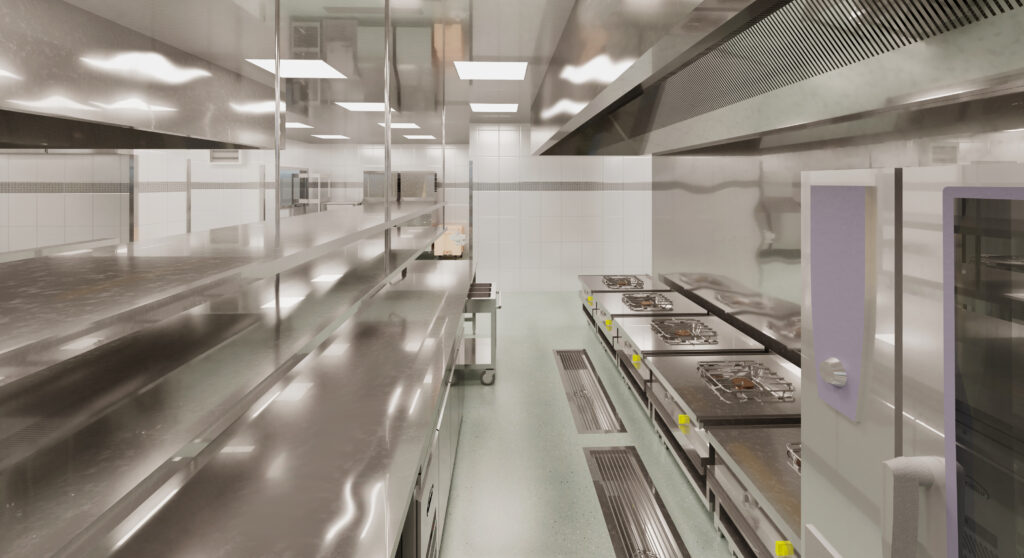Commercial kitchen owners are usually occupied with the day to day operations such as food preparation, customer feedback and bringing efficiency to each and every section, that they pay less attention to the cooking space. Actually, cooking space maintenance is a lot more essential than servicing the kitchen and cleaning up after the operations stop at night. Other important factors in the maintenance loop are garbage disposal and waste management that have a direct impact on operation, productivity and profitability in running the kitchen. We shall hereby discuss different ways to manage cleaning and maintenance of a commercial kitchen so as to make it more efficient.

- Create a Checklist – Creating a checklist even before the kitchen becomes functional is an important factor. This list should include defined procedures for the staff to follow in order to ensure their safety and standards. The support staff must be responsible enough to clean up visible particles from the floors, equipment, and counters by throwing away trash into bins to allow the cooking space to remain neat, hygienic and clean.
- Adequate Equipment – The tables, trash bins and equipment should have a wheel-base so that the maximum space is utilised and the area can be cleaned easily. These wheel based trolleys should be kept in the pre-preparation areas and must be cleared into a covered container kept outside the kitchen at short intervals of time. There must be different bins for waste disposal like grease, organic and recyclable waste.
- Install Food Disposal Machine – A good addition to a commercial kitchen is a food disposal machine, which helps break food particles into tiny parts and flush them down the drain. Food disposal machines should be installed in the dishwashing area.
- Plan Waste Management – Since a major portion of the food cooked in the kitchen is unnecessarily wasted being unused, waste management becomes an important part of an operations plan. The waste has to be graded as avoidable waste (peelings, remains of bread) and unavoidable waste (egg shells, bones) etc. These small investments could have a great impact on the profit as well as the efficiency of the commercial kitchen.
P.S : In order to keep a commercial kitchen clean and hygienic, it is important to train the staff regularly, label disposal bins, and have adequate equipment for space utilisation and also store waste at one place. It is the best to start all these before having a functional kitchen.
Getting advice from a food industry consultant for planning and layout of the commercial kitchen is the best way to create an optimal functioning kitchen. Food and beverage consultants are aware of the hurdles in managing the kitchen, hence they can suggest the right steps and equipment to improve efficiency, productivity and profit.
In case you need some special advice, feel free to contact, KILOWA.
Call: +91 93139 64538







